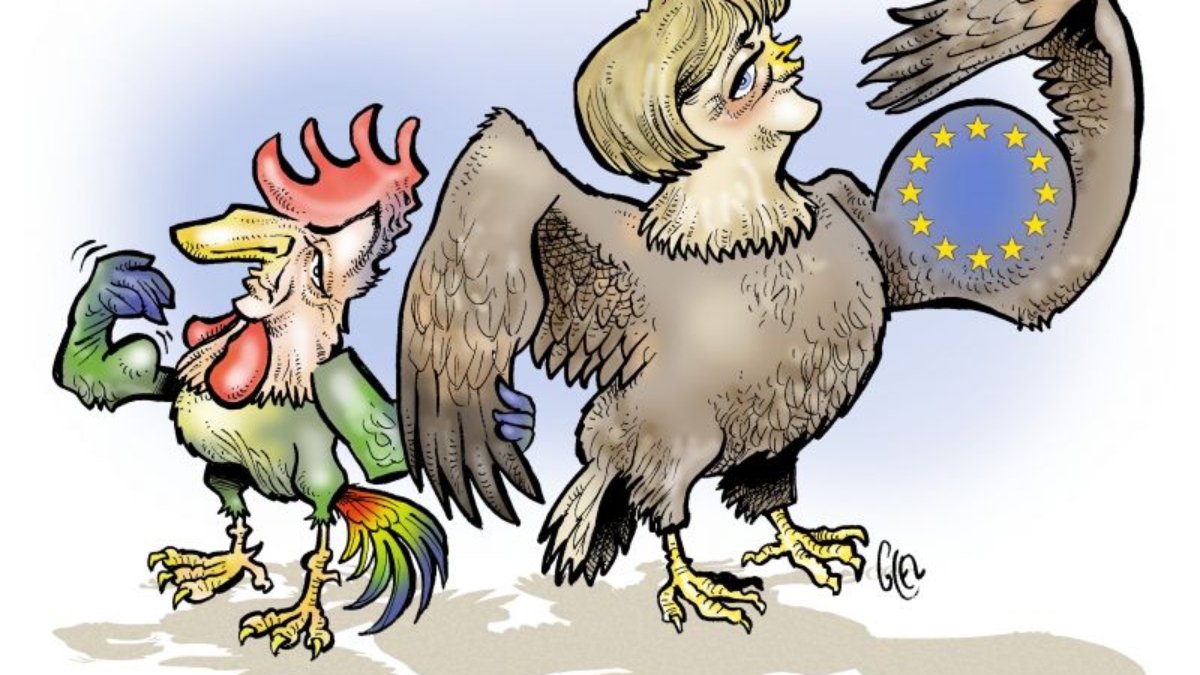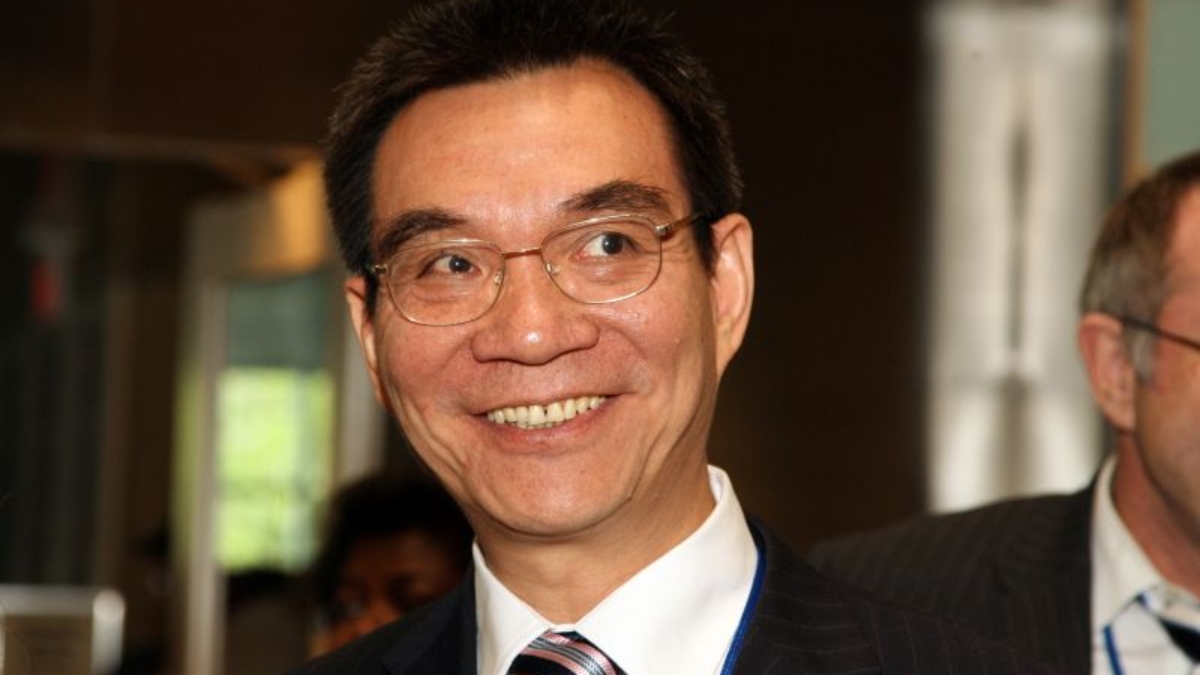 Last night’s passage of hea
Last night’s passage of hea
Michele Wucker: Immigration Reform and Climate Change: Two Hot-Button Issues Intersect
 In the days following the earthquake that destroyed Port-au-Prince and killed over 200,000 people, the United States granted temporary protected status (TPS) to those undocumented immigrants from Haiti who were living in the Unite
In the days following the earthquake that destroyed Port-au-Prince and killed over 200,000 people, the United States granted temporary protected status (TPS) to those undocumented immigrants from Haiti who were living in the Unite
Azubuike Ishiekwene: The Fire in Nigeria’s Coal City
 Folks in many parts of the world must be wondering what on earth is going on in Nigeria. From an ailing president to the fragile peace in the Niger Delta, there appears to be a relentless stream of bad news coming out of Africa’s most populous country. Last week, at least 100 people were killed in sectarian violence in Jos, a north-central city about 800 kilometres from Lagos. Among the dead were children and women who were ambushed and beaten to death in their homes while they slept. Many of them were were later buried in mass graves.
Folks in many parts of the world must be wondering what on earth is going on in Nigeria. From an ailing president to the fragile peace in the Niger Delta, there appears to be a relentless stream of bad news coming out of Africa’s most populous country. Last week, at least 100 people were killed in sectarian violence in Jos, a north-central city about 800 kilometres from Lagos. Among the dead were children and women who were ambushed and beaten to death in their homes while they slept. Many of them were were later buried in mass graves.
The perpetrators, according to the police, were herdsmen on a purported revenge mission after a similar attack left 100 of their own dead in January.
When will the cycle of violence end? In February, journalist Sunday Dare wrote an article, “From peace home to killing fields,” published in a number of Nigerian newspapers. The article was about this same Jos—the place of his childhood and former home. At one time, Jos was among of Nigeria’s four fabled cities—the others being Lagos and Port Harcourt in the south, and Kano in the north. The city’s coal and mineral wealth, temperate climate, and lush vegetation has lured many of the country’s nouveau rich to its environs over the years, people who subsequently acquired large tracts of land in the Mambilla plateau region for farming and leisure.
But Jos, like the other fabled cities, appears to have lost its innocence. The family home of the journalist, Dare, was set ablaze in January’s sectarian violence. His elder brother was hacked to death as he tried to flee. And now we have new violence this month, leaving scores more dead, maimed, and homeless in its wake.
After the outbreak of violence in January, Human Rights Watch issued a report that, among other things, urged the Nigerian government to “investigate and prosecute those responsible for the killing of at least 200 people during the violence, the latest in the deadly outbreaks in Nigeria, and address the underlying causes.” To be sure, Nigeria has never been short on investigations to discern the causes of social violence. There have been eight such commissions of inquiry between 2001 and 2009. And after the last outbreak of violence in November, two different panels were set up—one an investigative panel by the Federal Government; the other a judicial panel by the State government.



 Justin Yifu Lin, chief economist at the World Bank.
Justin Yifu Lin, chief economist at the World Bank.
